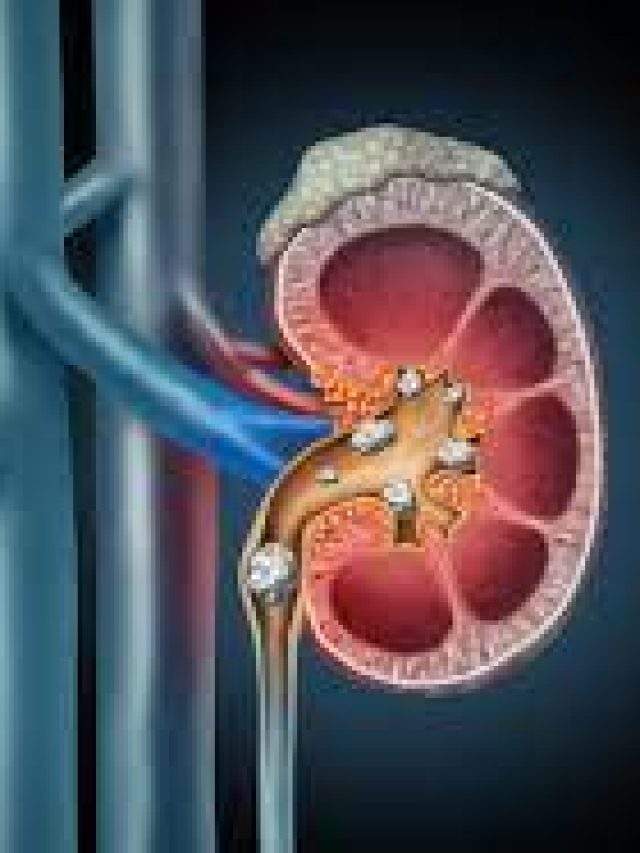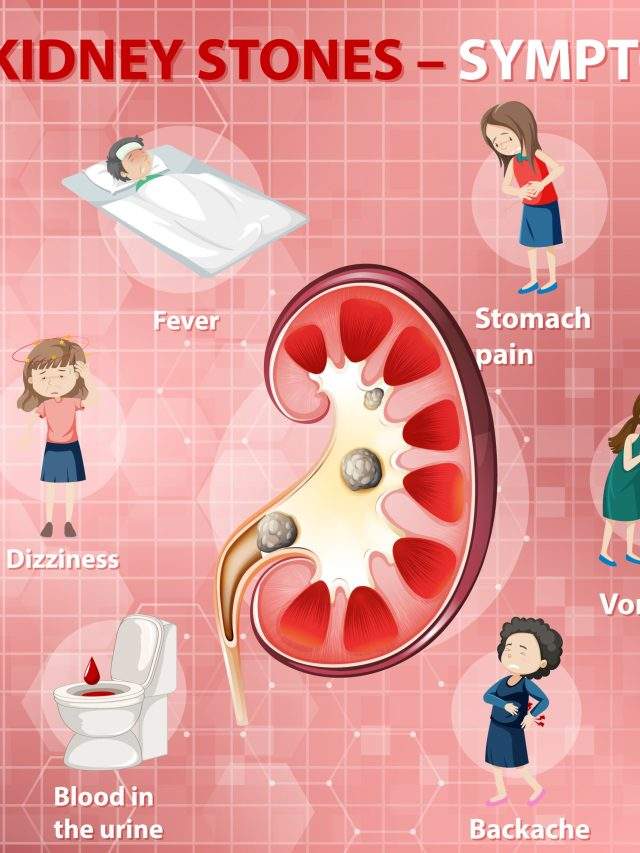![]()
The bladder is like a storage tank for urine waste material. When your blender is full then you urinate, and the waste is passed out of your body. But, if you have urinary retention, your bladder does not empty completely when you urinate. Things like blockages, medications, or nerve problems can cause it. If you have urinary problems, visit the best urologist Ludhiana for reliable treatment because ignoring some issues can prove costly.
What Is Urinary Retentions:
Urinary retention occurs when the bladder does not empty completely or does not empty at all during urination. Urine is made up of waste that your kidneys filter out of your body. After your kidneys pass your urine,it moves to your bladder, which empties it. But, if you have a urinary retention, your bladder doesn’t empty when you urinate. Things like blockages, medications or nerve problems can cause this.
Types Of Urinary Retentions In Men:
- Acute Urinary Retentions: Symptoms come on more suddenly with the acute form. You may not be able to urinate at all or only be able to pass a small amount even though you have a full bladder. In some cases, it can cause digestive discomfort and lower abdominal pain. If this happens to you, visit the best urologist in Ludhiana.
- Chronic Urinary Retention: Symptoms of chronic urinary retention can vary from person to person—some symptoms such as difficulty urinating, weak urination and uncontrollable leakage of urine vapor.
Causes Of Urinary Retentions In Men:
Urinary retention can happen for some different reasons.
- Urinary Blockage: Blockage can be complete or partial. Blockage can lead to kidney damage, infection and kidney stones.
- Medications: The most common cause of acute urinary retention is benign prostatic hyperplasia (BPH); this is a condition in men where the prostate gland is expanded and the bladder wall is thickened. The prostate gland wraps around the urethra under the bladder.
- Nerve Issues: Interrupt the way your brain and urinary system communicate.
- Urinary tract infection (UTI): An infection in the urinary tract can cause the urethra to swell or cause weakness in the bladder, both of which can cause urinary retention. That prevents pee from leaving the body.
- Surgery: Urinary retention is common after anesthesia and surgery, with a reported incidence of between 5% and 70%.
Prevention Tips:
Some of these steps include:
- Go to the bathroom as soon as you have the urge to go. Don’t hold urine.
- Eat well-balanced foods, maintain a healthy weight, and drink plenty of water.
- Remember your urination habits and alert your healthcare provider if you notice symptoms.
Conclusion:
If you notice unusual and severe bladder-related signs after surgery or infection, such as blood in urine, difficulty urination, acute pain, etc., visit Ludhiana’s best urologist. They can evaluate your condition and provide proper treatment.






